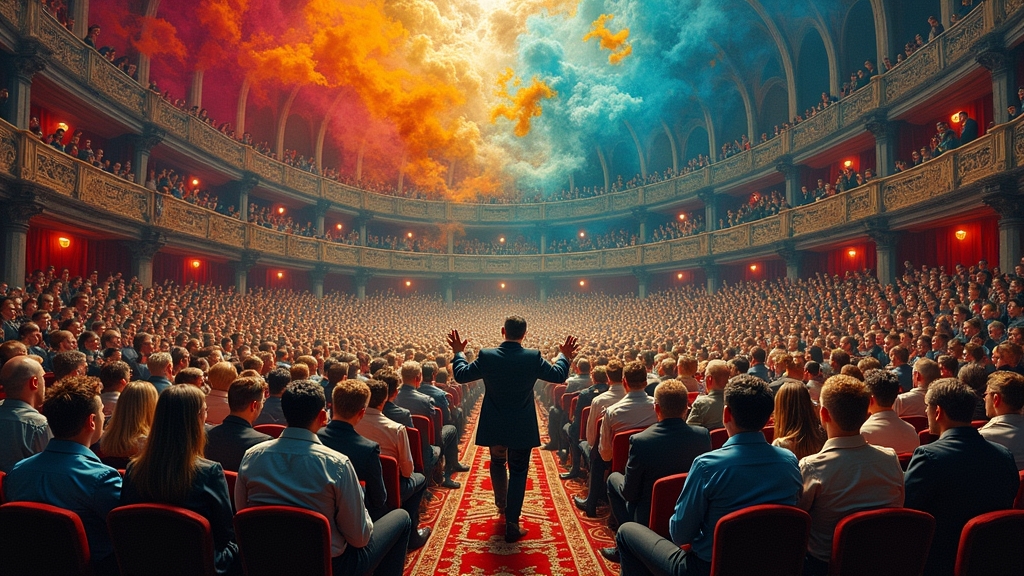DECEASED COMPOSER STILL MAKING HITS, PROVING DEATH IS JUST A MINOR CAREER INCONVENIENCE
In a stunning development that has mortuary directors reconsidering their business model, composer Alvin Lucier continues to drop fresh beats from beyond the grave, making the rest of us alive musicians look like underachieving a$$holes.
DEAD MAN’S PARTY TAKES ON WHOLE NEW MEANING
Four years after shuffling off this mortal coil, Lucier has refused to let a trivial detail like complete biological shutdown interfere with his creative output. Thanks to an artificial brain developed by Australian scientists who apparently skipped the “ethical implications” day at university, Lucier’s musical genius continues to flow like a tap no one knows how to turn off.
“We’ve essentially rendered death meaningless,” explained Dr. Frankly Terrifying, lead researcher on the project. “Which is great for music but absolutely sh!tty news for anyone hoping to finally escape their student loan debt.”
THE DECOMPOSING COMPOSER WHO KEEPS COMPOSING
The technology works by replicating Lucier’s neural pathways in what scientists describe as “basically a synthetic brain in a jar, but way less creepy than it sounds, we promise.” The resulting musical compositions feature the distinctive rattles, hums, and warbles characteristic of Lucier’s work, only now with 100% less breathing required.
Professor Mary Shelley-Wannabe of the Institute for Ignoring Red Flags explained, “This is just the beginning. By 2030, we expect 87% of all Grammy winners to be at least partially deceased.”
AUDIENCES RAVE ABOUT POSTMORTEM PERFORMANCES
Concert attendees have described the experience as “hauntingly beautiful” and “definitely worth the therapy sessions it will require afterward.” Ticket sales have skyrocketed, with fans eager to experience what critics are calling “the ultimate unplugged set.”
“I used to think death was the end,” said music enthusiast Tim Mortal, “but now I realize it’s more like an extended coffee break before your next set.”
LEGAL EXPERTS SCRAMBLING TO UPDATE COPYRIGHT LAWS
The unprecedented situation has thrown the legal world into chaos, with attorneys debating whether royalties should be paid to Lucier’s estate or directly to the artificial brain itself.
“If a dead person’s artificial brain creates new work, who owns it? The deceased? The scientists? The electric company powering this ungodly abomination?” questioned intellectual property lawyer Sue Everyone. “My billing hours on this case alone have put my kids through college.”
MUSIC INDUSTRY SEES PROFIT POTENTIAL IN MORTALITY WORKAROUND
Record executives are reportedly ecstatic about the development, with one anonymous label head gushing, “Do you know how f@#king convenient this is? Dead artists don’t demand royalty renegotiations, don’t show up high to concerts, and never date Taylor Swift!”
Industry analysts predict that by 2028, approximately 43% of all new music will be created by artificially preserved minds of deceased artists, while living musicians will primarily earn income by selling their neural patterns to companies for posthumous exploitation.
As Lucier’s artificial brain continues churning out compositions from the great beyond, musicians everywhere are updating their contracts to include clauses about afterlife work-life balance. Because apparently, even in death, the gig economy never ends.





